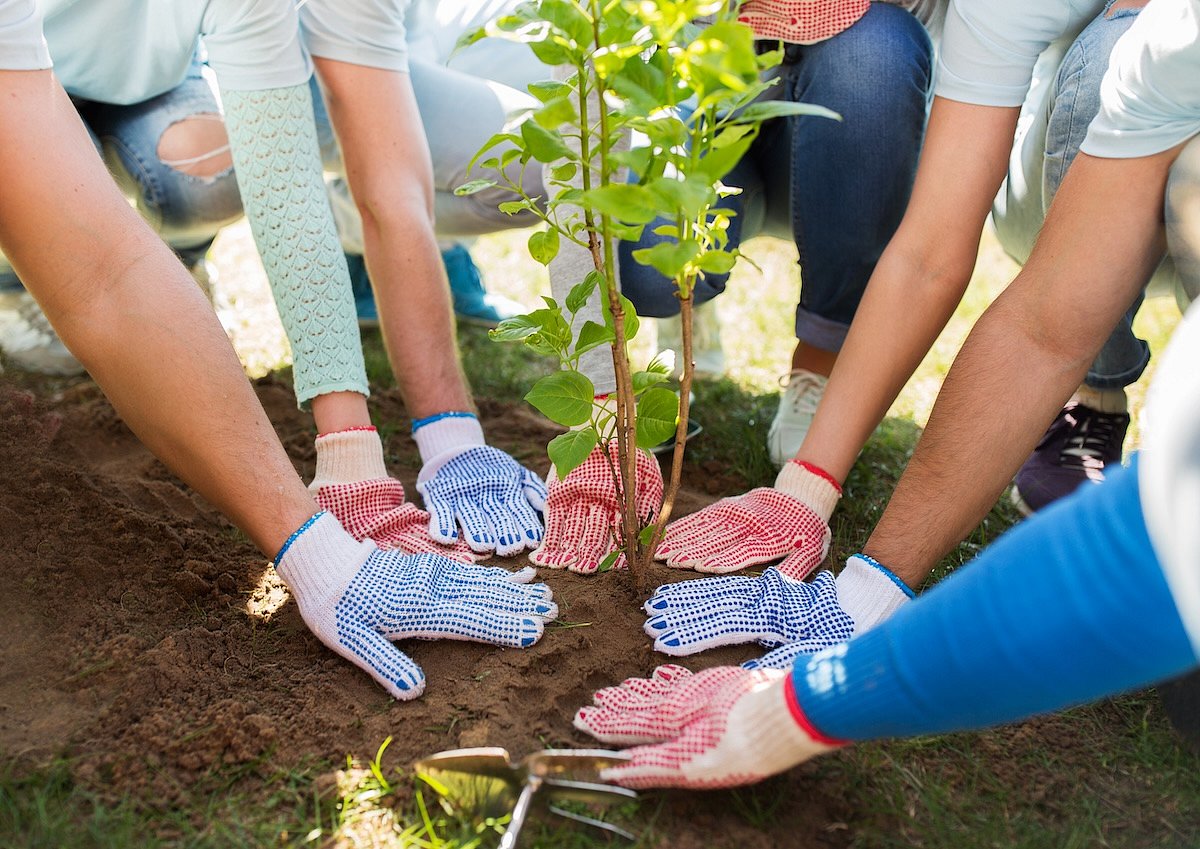Where Would Planting Trees Help Most With Global Warming?
SUNDAY, Aug. 24, 2025 — It’s a simple and common prescription for global warming and fire suppression: Plant more trees.
But where they’re planted makes a real difference, new research shows.
"Our study found more cooling from planting in warm, wet regions, where trees grow year-round," study first author James Gomez, a graduate student at UC Riverside, said in a news release. "Tropical trees not only pull carbon dioxide from the air, they also cool while releasing water vapor."
His team recently reported its findings in the journal npj Climate and Atmospheric Science.
They found that trees planted at higher latitudes, like the U.S., could actually have a slight heating effect.
"It’s not that planting [there] doesn’t help — it does," Gomez said. "But the tropics offer the strongest returns per tree."
The new research echoes an earlier UC Riverside study. It found that planting trees could cool Earth’s surface more than once anticipated. That research weighed the chemical effects of trees interacting with the atmosphere, while the new study focused more on the physical effects of tree planting.
Those effects include evapotranspiration — or in simple terms, "tree sweating."
Roots of trees suck water from the soil. It travels up through the trunk and into leaves, where some evaporates into the air. This cools the tree and the air, as well.
"It’s just like the way sweating cools your body," Gomez said. "In the tropics, there is constantly water available for trees, and that increases transpiration."
Researchers noted that the resulting humidity can mean more clouds, and the water vapor itself helps reduce the amount of sun that hits the ground.
The upshot: A modest cooling effect.
Worldwide, it translates to an average 0.01 degree Fahrenheit.
In the tropics, though, it’s more significant — as much as 0.8 degrees F in some places, researchers said.
Add to that the process of capturing and storing carbon dioxide from the air, and the worldwide effect of adding trees grows to about 0.15 degrees F, the study found.
"Though the non-CO2 effects are small, it is good news that they are not warming, which prior studies have indicated is likely," Gomez said.
His team based its research on what it described as a "relatively realistic scenario," planting trees in areas where they had been removed and would not displace people or farmland. The analysis relied on data from 12 climate models.
It also looked at trees and fire suppression — a key issue in regions like Western states, where wildfires are a perennial threat.
In some cases, the study found, trees can help prevent fires. That includes tropical savannahs, because trees are more fire-resistant than grasses.
But in the northeastern U.S. and parts of Canada, trees would probably cause more fires and absorb too much sun, reducing cooling, the study found.
"What we need is a Goldilocks zone of trees in each region," Gomez said. "Just the right amount to have the strongest and most positive climate effects."
Sources
- University of California-Riverside, news release, Aug. 18, 2025
Disclaimer: Statistical data in medical articles provide general trends and do not pertain to individuals. Individual factors can vary greatly. Always seek personalized medical advice for individual healthcare decisions.
© 2025 HealthDay. All rights reserved.
Read this next
Climate Change Could Be Fueling Higher Sugar Consumption
WEDNESDAY, Sept. 10, 2025 — Even as the U.S. heads into cooler months, climate change is driving hotter overall temperatures, and new research suggests that rising heat is...
GLP-1 Drugs Are Good For Climate Change, Heart Study Says
THURSDAY, Aug. 28, 2025 — GLP-1 weight-loss drugs like Ozempic and Zepbound don’t just enable people to drop pounds — they also are helping save the...
Repeated Annual Exposure to Heatwaves May Accelerate Biological Aging
TUESDAY, Aug. 26, 2025 -- Years of repeated exposure to heatwaves may accelerate aging, according to a study published online Aug. 25 in Nature Climate Change. Siyi Chen...
More news resources
- FDA Medwatch Drug Alerts
- Daily MedNews
- News for Health Professionals
- New Drug Approvals
- New Drug Applications
- Drug Shortages
- Clinical Trial Results
- Generic Drug Approvals
Subscribe to our newsletter
Whatever your topic of interest, subscribe to our newsletters to get the best of Drugs.com in your inbox.


